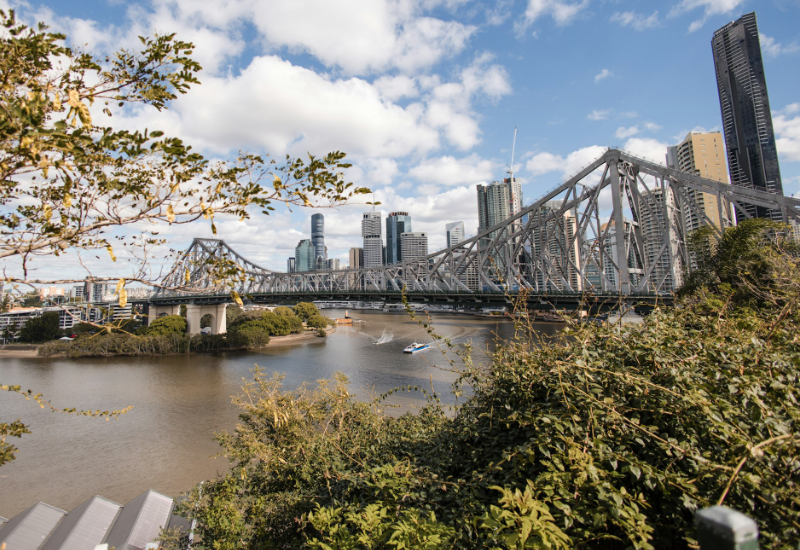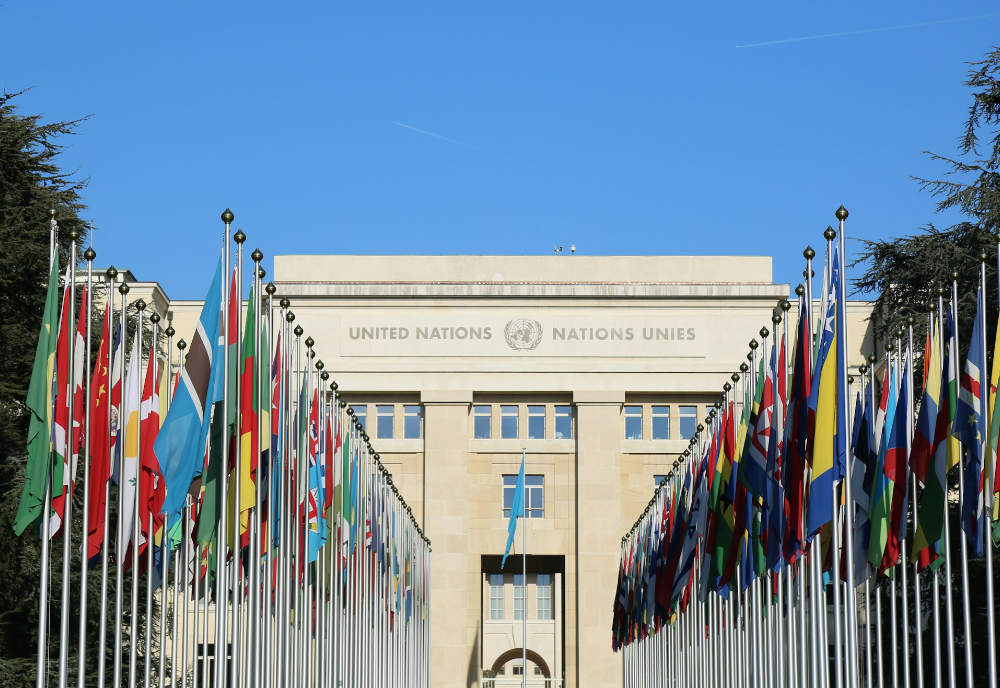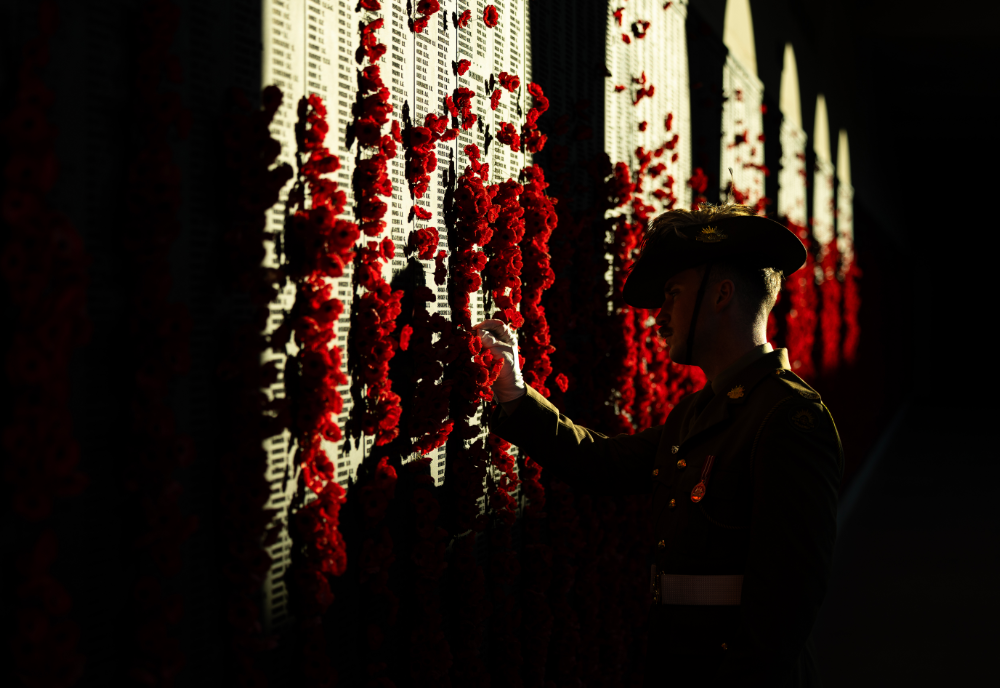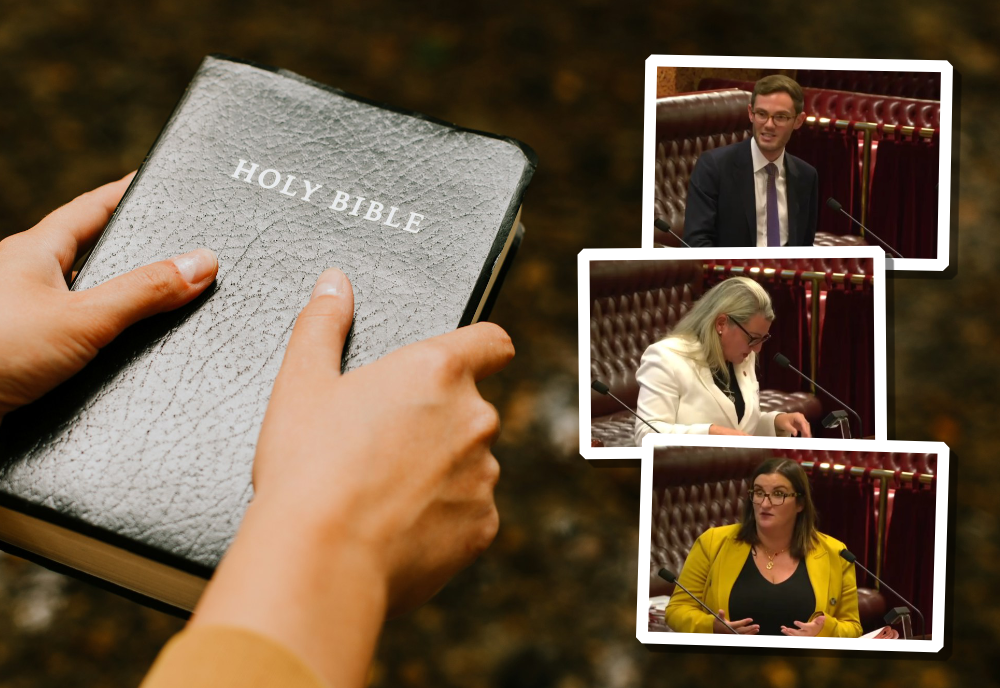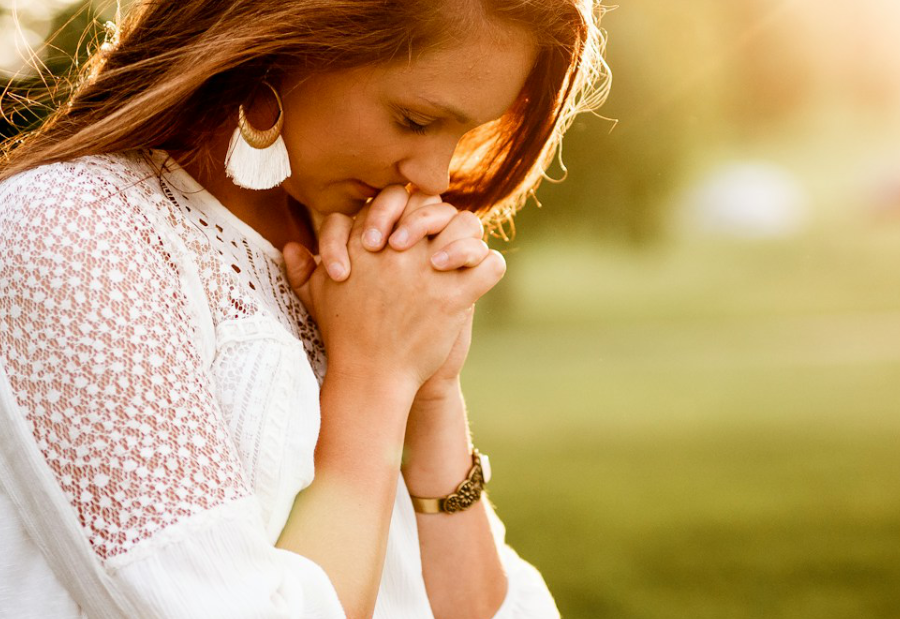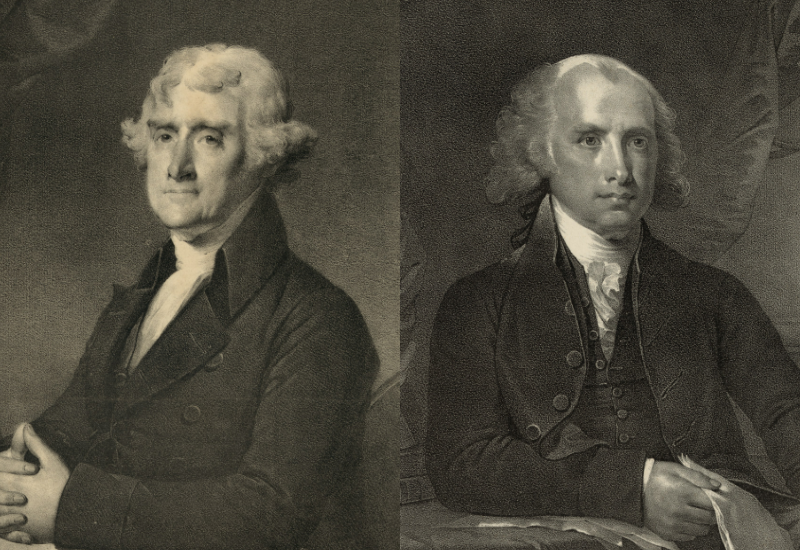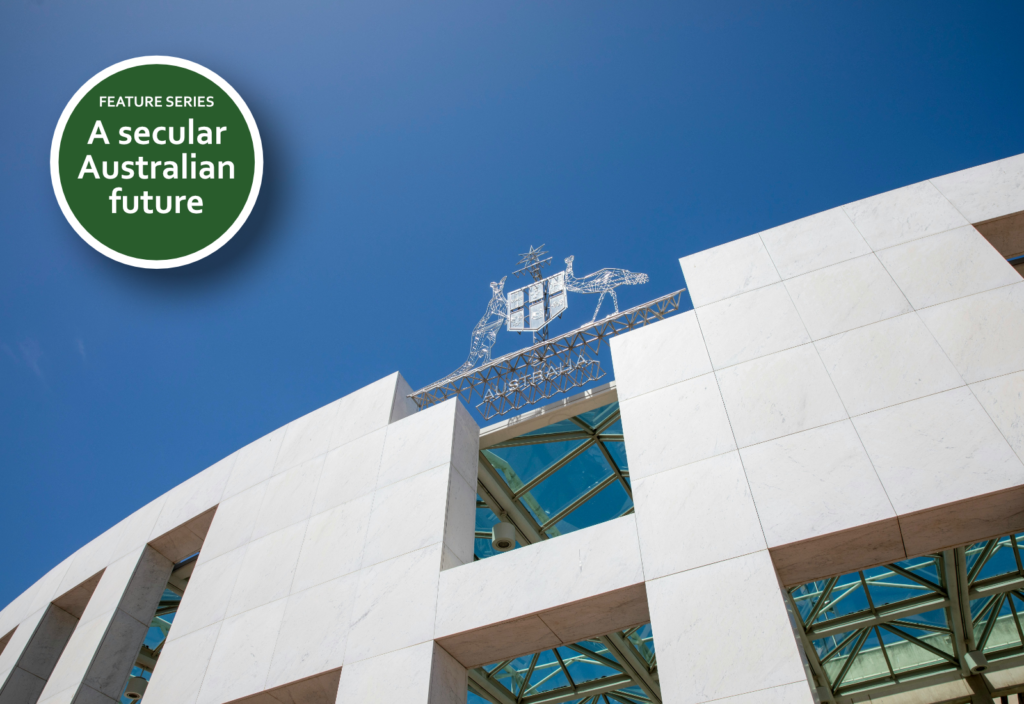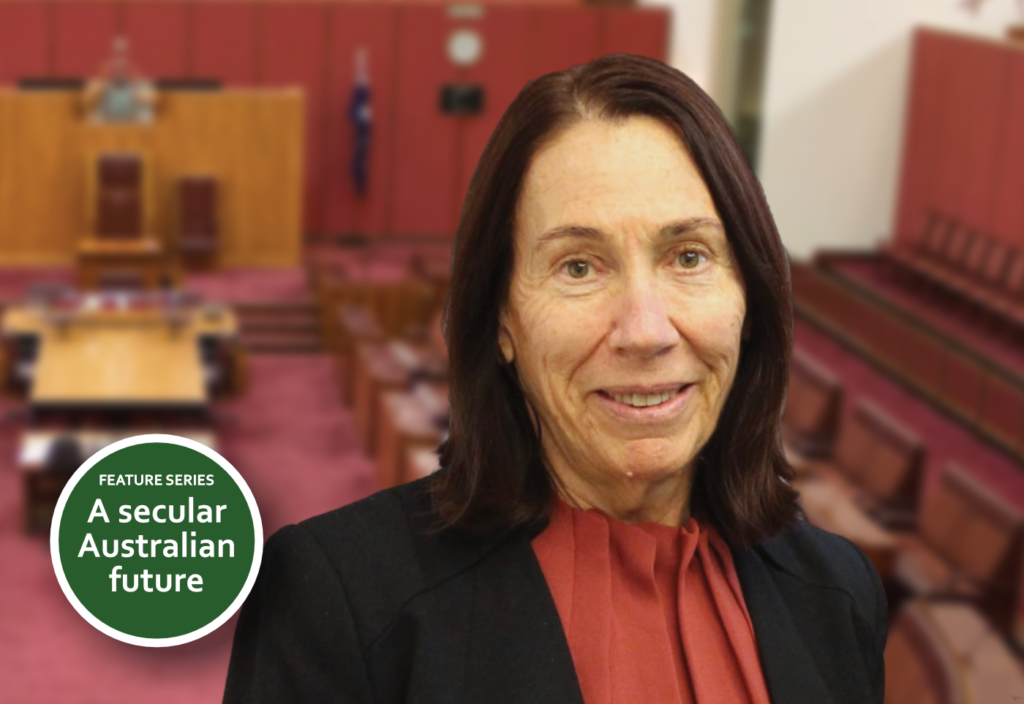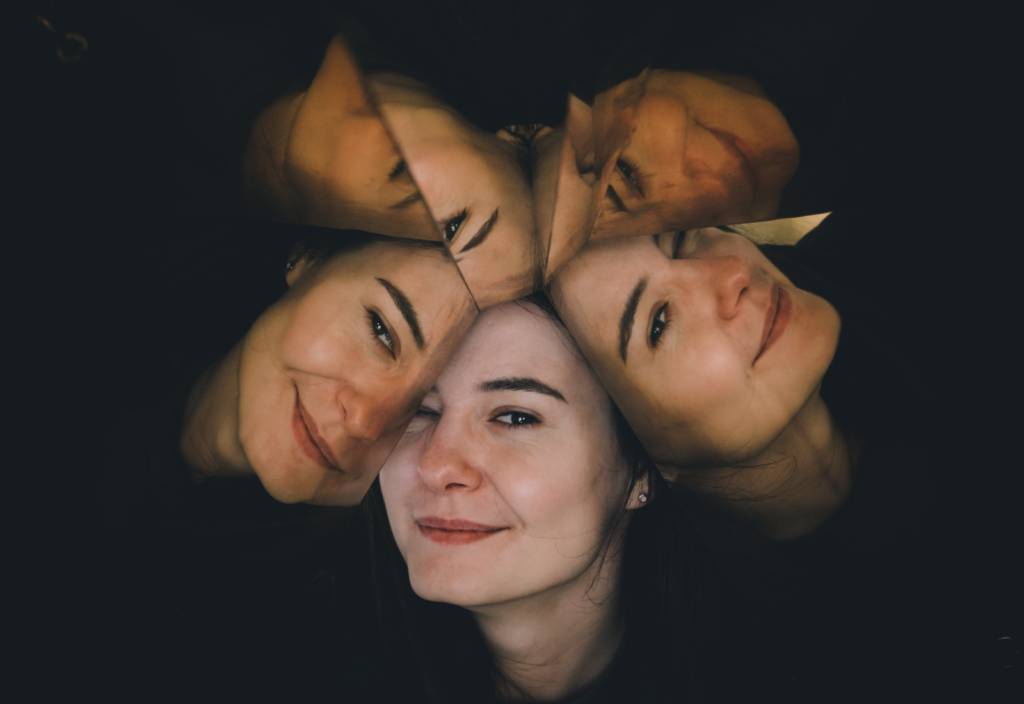This article is based on extracts from the new report, Teaching not preaching: Making our public schools secular. The extracts are republished with the permission of the author.
Imagine a country where public schools teach religion, not as an academic subject, but as sectarian truth. Imagine a country where books are published on how to infiltrate schools and create followers.
Imagine a country where the government cuts funding to public schools by $559 million, and in the same period delivers $184 million for school chaplaincy. This country is not imaginary; this is Australia.
Now, imagine a state that facilitates clerical influence in schools; where once a week all academic instruction is stopped and children as young as four are segregated based on religious beliefs for scripture.
A state where lesbian, gay, bisexual, transgender, intersex and queer (LGBTIQ) students are told in the playground to “pray their gay away”. Girls in class are instructed to be subservient and students with disabilities are informed that their parents must have sinned. Welcome to the free, compulsory and non-secular NSW public education system of 2022.
Such analysis may be confronting. It certainly does not fit with our Aussie image or survey results reporting that Australians have a relaxed view of religion and generally perceive faith as a private matter.
It also does not fit with our high-quality, approved curriculum that is inclusive and secular, albeit overcrowded. In this sense, for many teachers the weekly battle to keep their schools a secular haven from Special Religious Education (SRE) is compounded by the loss of valuable teaching and learning time. Meanwhile, the Education Department’s own policy documents and the State Government’s curriculum review continue to highlight the need to prioritise teaching and learning.
The extent of this disruption to learning, desecularisation and growing religious interference came as a surprise to me, so much so, that I was forced to change the title of this project; ‘Keeping our public schools secular’, simply didn’t fit with the evidence.
Regrettably, my research shows some of the main breaches in our secular society are in education and that the NSW public education system is one of the least secular in Australia.
International comparisons also reveal a trend away from segregated religious instruction to a world view/general religious education approach.
The Teachers Federation has developed a strong policy position and is leading the campaign along with advocacy groups like Fairness in Religion in Schools (FIRIS) to remove SRE. Our policy is based on the principle that every child should have access to a free and secular school education.
The Teachers Federation believes the Education Act should be changed to better reflect community beliefs and ensure no child is discriminated against for their religious or non-religious beliefs.
Our position is based on the proviso that any education (religious or not) should be delivered in line with an approved curriculum, by a qualified teacher and should recognise that teachers are professionals who must determine the implementation of the curriculum. SRE takes up valuable teaching and learning time and is no longer appropriate for 21st century learning.
So far, we have played a leading role in changing the Department’s enrolment process so that rather than requiring students to attend SRE unless they opt out, written parental consent is required to opt in for SRE.
We have developed an in-principle, unified policy position on SRE with key educational stakeholders and proudly campaigned for the historic marriage equality legislation. These achievements are significant.
However, in the same period we have witnessed: the rise in the influence and strength of the religious lobby; increasing numbers of small but loud right-wing political groups and individuals such as One Nation and Mark Latham; the introduction of divisive religious discrimination bills; record funding for school chaplains and religious schools; growing influence by religious groups in our public school system.
This is without doubt a crucial time in our secular history. There is a significant ideological battle being waged. The battle is for the hearts and minds of our kids, yet most of the population no longer seems to understand what secular means for our society. This is particularly concerning.
The importance of secular
An agreed definition and understanding are important because secularism has the potential to be a unifying political and social force and a movement for social justice. However, it is a term that has been so relentlessly maligned that its meaning has become difficult to discern.
Religious academic Dr Cathy Byrne sums it up best:
“Our biggest challenge is that as a public, as a society, we do not have a shared meaning about this word ‘secular’. So perhaps part of our work today is to bring that word back into the conversation, get people using it, thinking about it, because that’s where the conversation begins. If we agree that we want secular education, then we can ask questions about why we have religious education in our schools and why we have private providers providing it.”
Byrne defines secular education as:
“State-driven, inclusive, striving to be neutral and equitable. A secular approach to the teaching of religion and ethics relies on the political notion of church-state separation. It is not anti-religious or religious. In this model, no particular religion or non-religious perspective is privileged or provided. In fact, privilege is examined so as to deconstruct it.”
Legislation underpinning public education
The first traditional schools in Australia were all Christian, but in the 1800s the growth of the population and sectarian conflict forced change. To enable peace and prosperity, a consensus developed that education should be ‘free, secular and compulsory’, the state’s role in the provision of education should be paramount and the role of the churches should end along with the state aid they were receiving.
Although sectarian debate was fierce, NSW followed Victoria’s lead in 1880 when our colonial premier Henry Parkes signed our Public Instruction Act. The legislation was revolutionary for its time. Not only did the Act completely end state aid to religious schools for nearly a century but also led to the development of a system-wide focus on secular lessons that made public schools the best education option in the country.
“The legislation embodies our forebears’ best efforts to provide universally accessible education where children learn to think of themselves as bound together in common citizenship.”
“The system’s founders did not reach those conclusions because they hated religion, or wanted a Godless society, or believed that education should be value-free. On the contrary, they thought that the segregated religious schools that preceded universal public education were damaging the colonies’ social cohesion by dividing their children on lines, and damaging their democratic and economic prospects by restricting education to those who could pay.”
Unfortunately, there was a major compromise in the NSW legislation that would have far-reaching consequences for the next 150 years. To achieve consensus for the Act, Parkes agreed to include a separate provision for Christian clerics to run religious instruction classes for an hour a week.
This has meant that NSW has had the weakest interpretation of secular schooling in Australia. As Maddox pointed out: “God has never officially left the NSW public school system.”
At the RSA Webinar on Wednesday 27 July, the author, Jack Galvin Waight, presented on the ongoing influence of and interference by religious interests in the public education system, especially regarding Special Religious Education in New South Wales. You can watch the recording here.
Photo by Priscilla Du Preez on Unsplash



